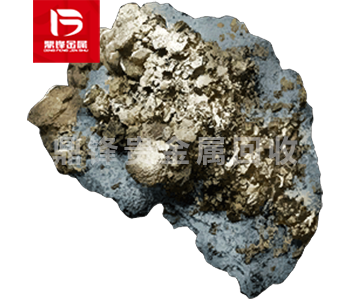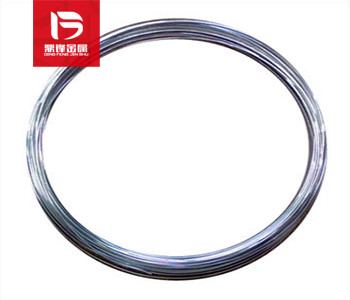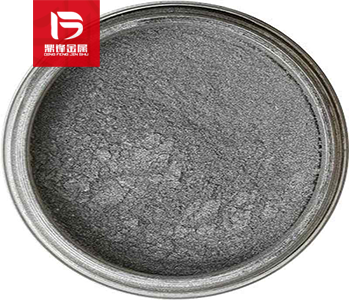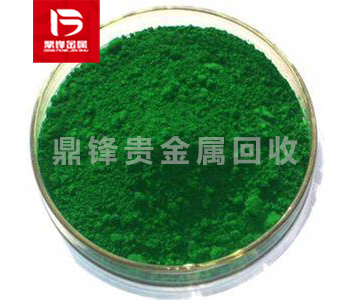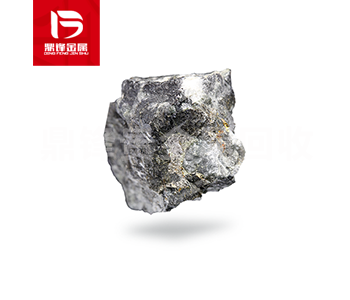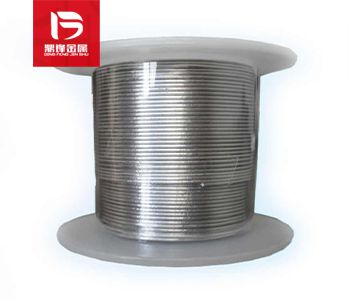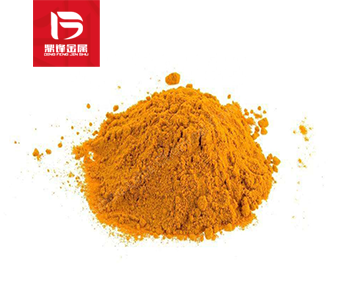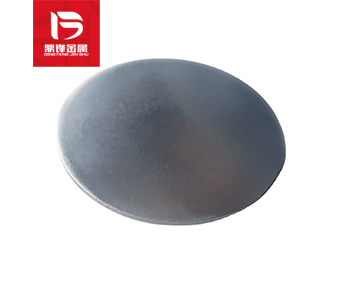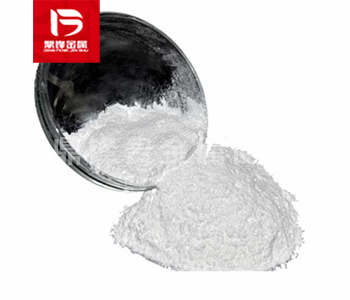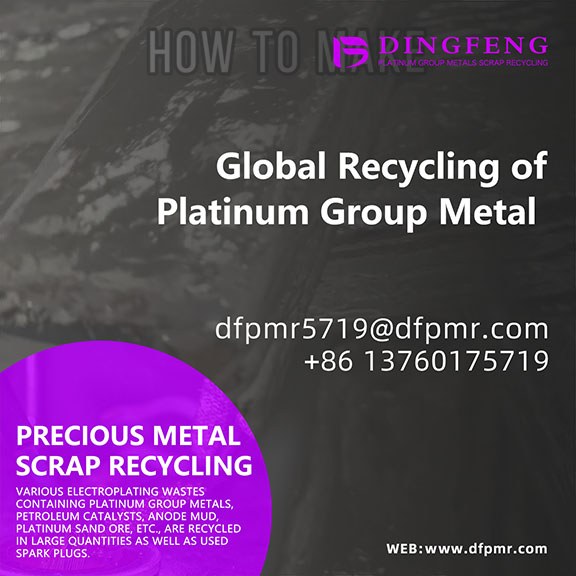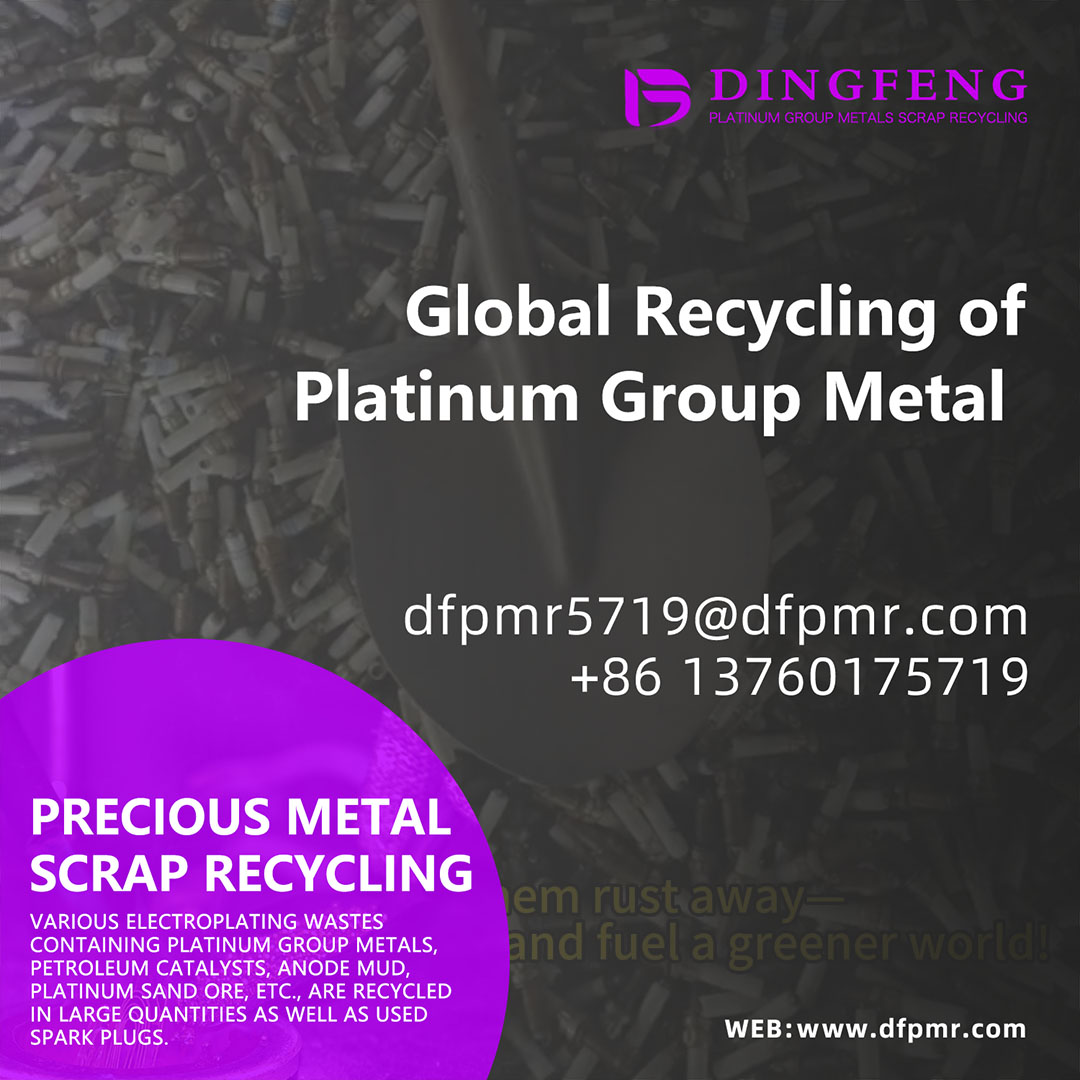Crude Iridium Recovery_ Iridium recovery_ Precious metal recycling manufacturers
Crude iridium is a silvery-white metal with very high density and hardness. Its density is about 22 times that of iron, making it one of the heaviest elements on earth. Crude iridium also has a very high melting point of about 2410 degrees Celsius, which gives it excellent stability under high temperature conditions. In addition, crude iridium has good corrosion resistance and oxidation resistance, and can maintain its original properties for a long time in extreme environments.
Product Details
Crude iridium is a silver white metal with very high density and hardness. Its density is about 22 times that of iron, making it one of the heaviest elements on Earth. The melting point of crude iridium is also very high, about 2410 degrees Celsius, which gives it excellent stability under high temperature conditions. In addition, crude iridium has good corrosion resistance and antioxidant properties, which can maintain its original characteristics for a long time in extreme environments.
Coarse iridium is relatively rare in nature and mainly exists in the crust in the form of alloys. The following are the main sources of crude iridium:
1. Platinum ore: crude iridium mainly exists in platinum ore together with other Platinum group such as platinum and ruthenium. Platinum ore is usually produced in places such as South Africa, Russia, Canada, and Colombia. Extracting crude iridium requires ore crushing, grinding, flotation and other process steps to separate the alloy of Platinum group.
2. Platinum slag: Platinum slag is a byproduct produced during the smelting process of platinum ore, which contains a certain amount of crude iridium. Platinum slag is usually separated from crude iridium through the refining and purification processes of a smelter, through chemical reactions and high-temperature treatment.
3. Waste and recycling: Crude iridium can also be obtained through recycling and reuse. Due to its widespread applications in fields such as electronics, chemical engineering, and aerospace, discarded electronic equipment, wastewater treatment catalysts, and waste alloys can all recover crude iridium from them.


